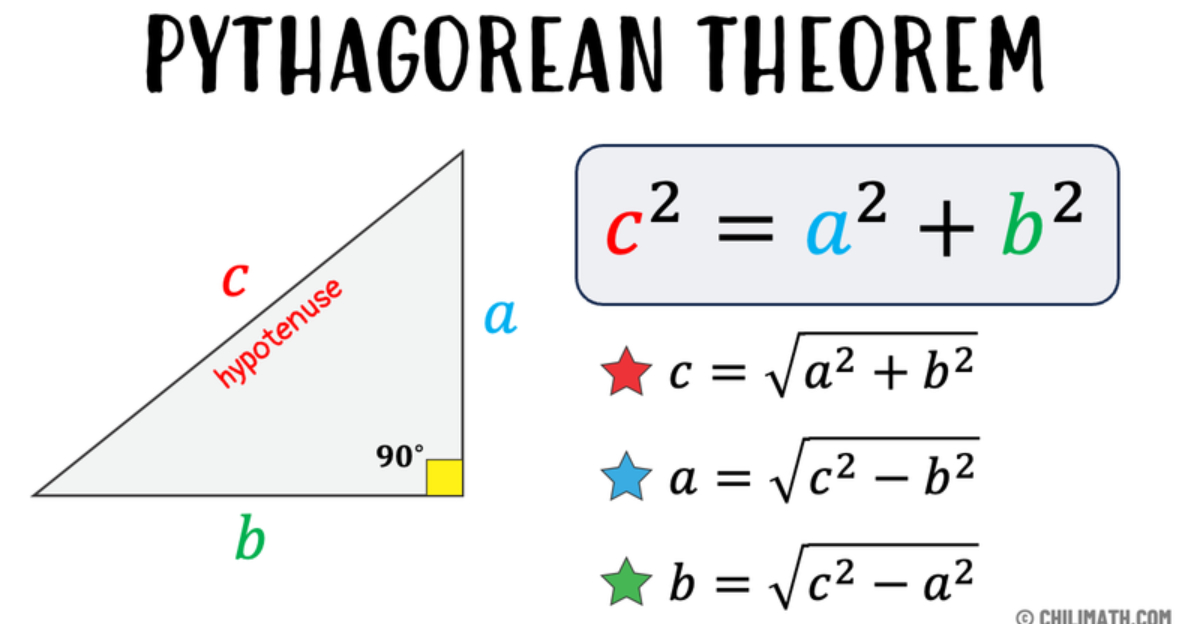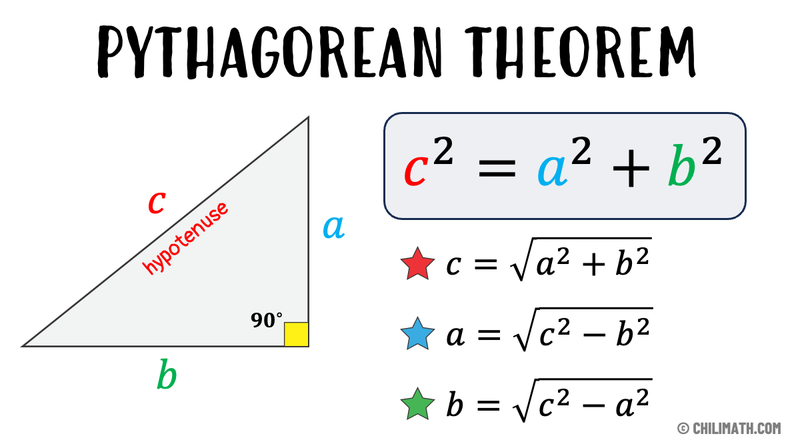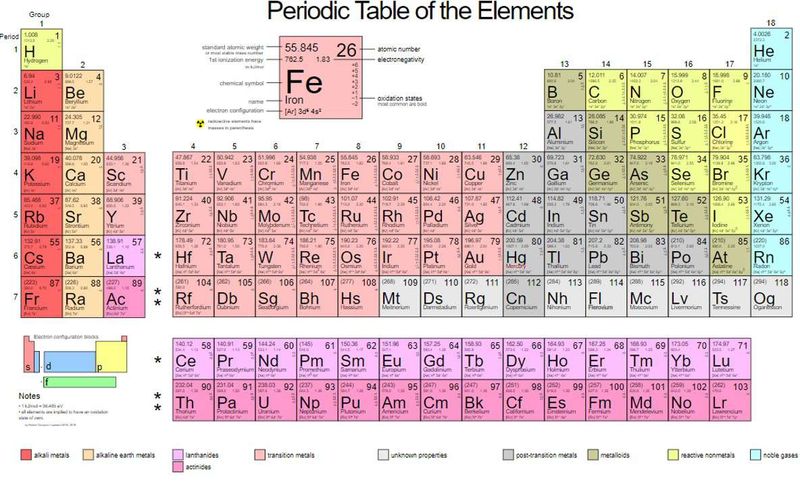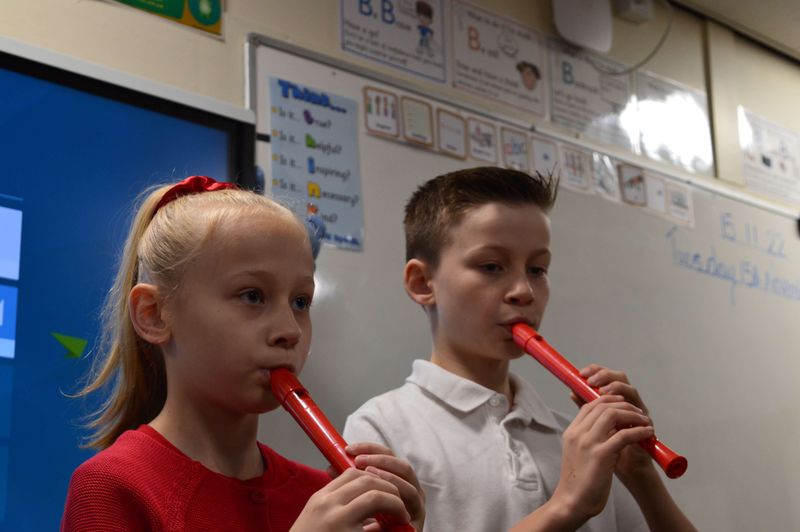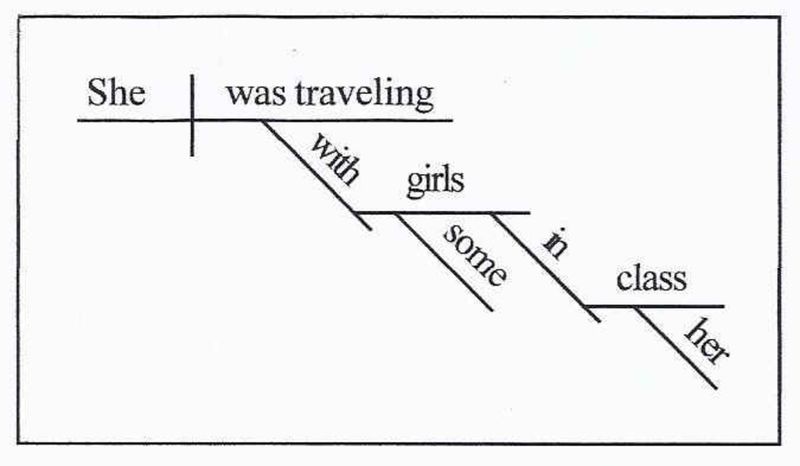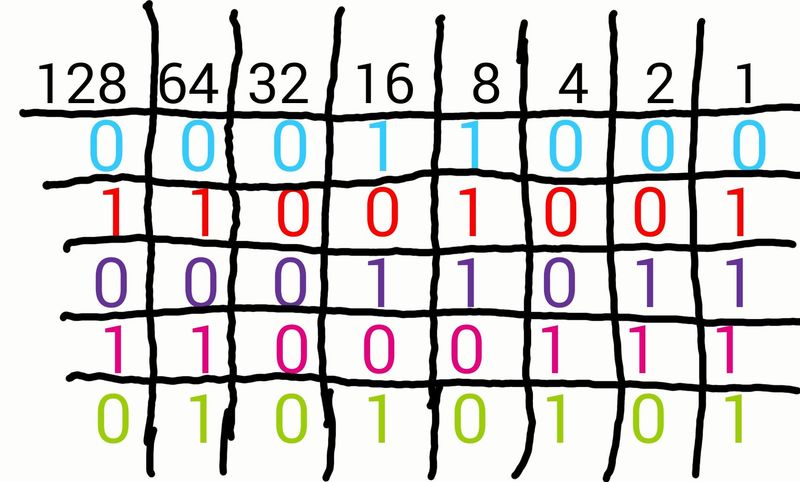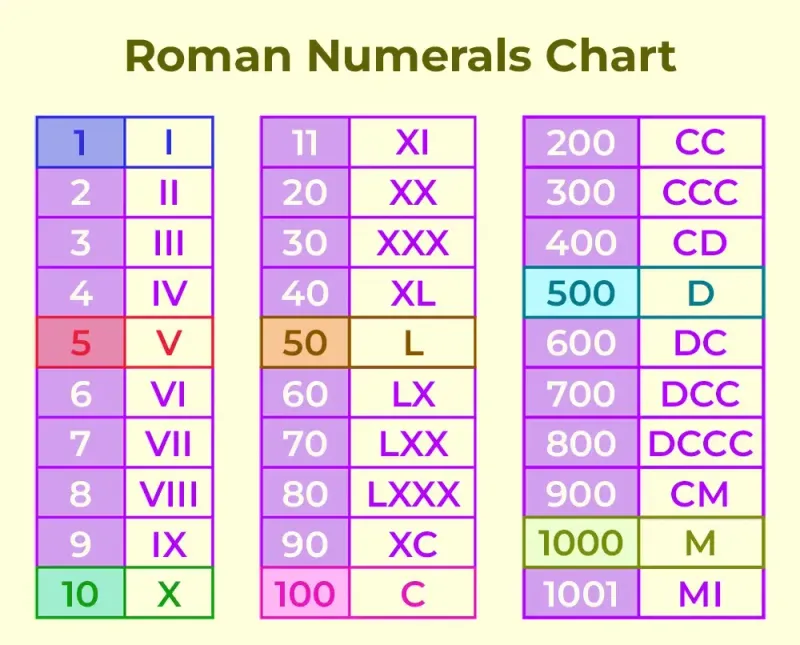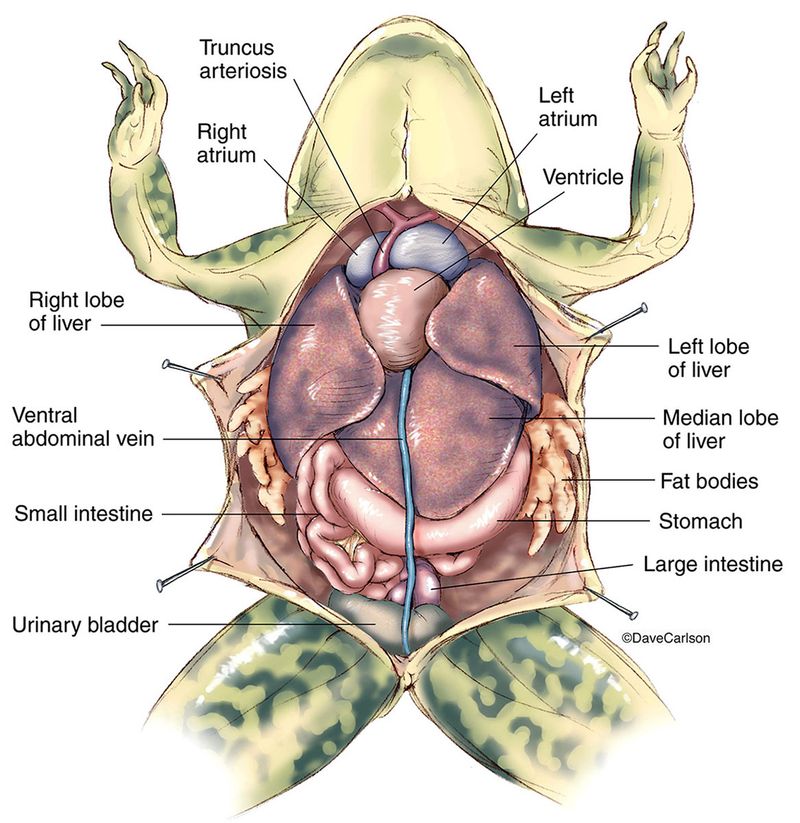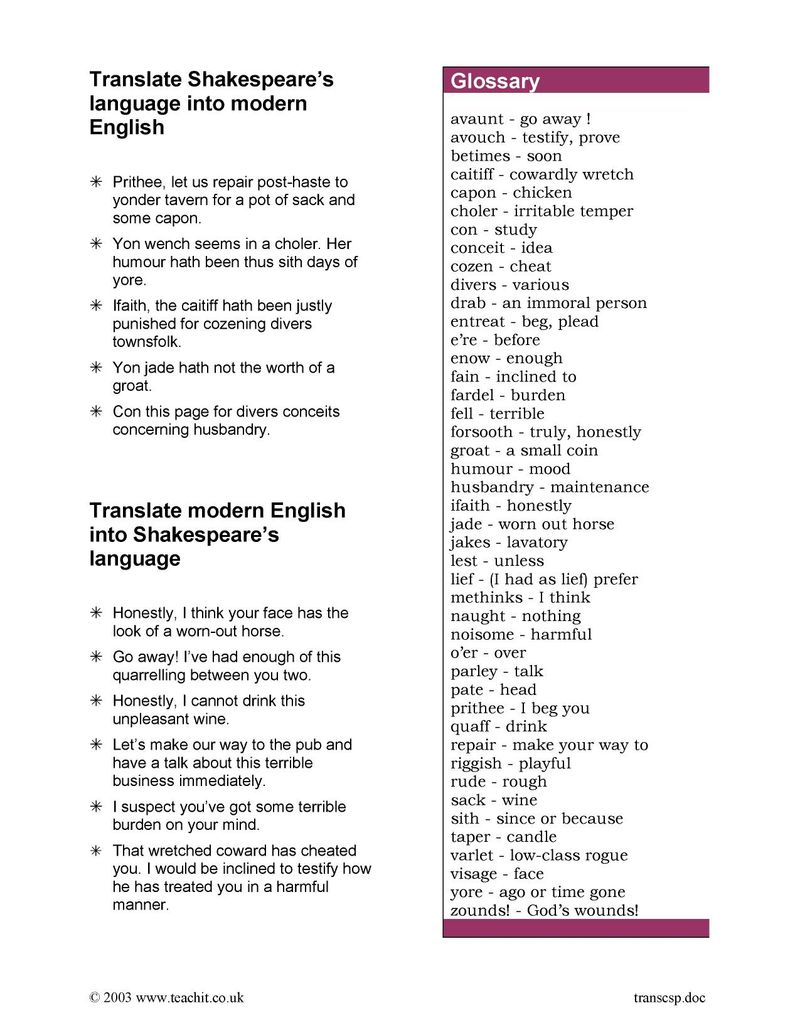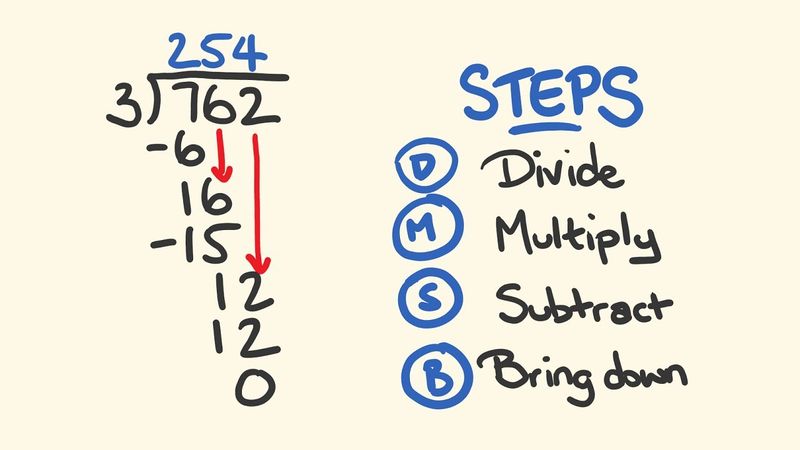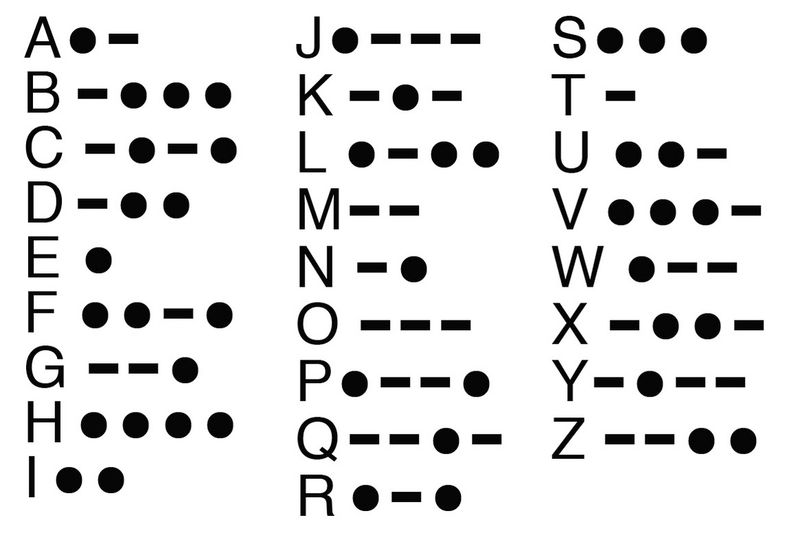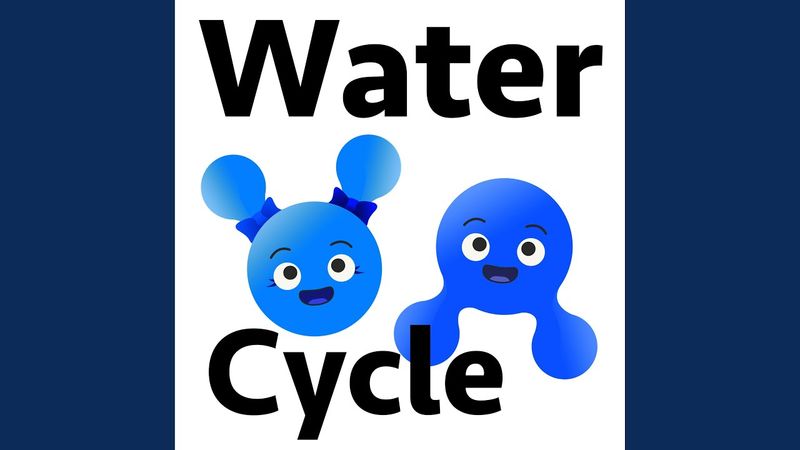We’ve all been through the school system, learning things that seemed crucial at the time.
However, in hindsight, many of these lessons turned out to be completely useless in our daily lives.
Let’s explore 20 of these topics that, while perhaps interesting, didn’t contribute much to our practical understanding of the world.
1. Cursive Handwriting
Remember the hours spent perfecting each loop and swirl of cursive handwriting? Despite the dedication, many of us abandoned it shortly after learning it. In today’s digital age, typing has taken precedence over cursive writing. While it was touted as an essential skill, its practicality has dwindled.
As adults, most of our writing occurs on keyboards, making cursive more of an artistic endeavor. While beautiful, its necessity in everyday life is minimal. The focus could have shifted to typing skills, which hold more relevance today.
2. Calculating Square Roots by Hand
Calculating square roots by hand is a skill we rarely, if ever, use. This mathematical exercise was once deemed essential, yet calculators and computers now handle these tasks effortlessly. In our hectic lives, speed and efficiency are paramount, making manual calculations obsolete.
Instead of memorizing complex algorithms, students could benefit from practical math skills applicable in real-world scenarios. Understanding when and how to use technology effectively is far more valuable than performing these calculations manually.
3. The Pythagorean Theorem
The Pythagorean Theorem, while foundational in geometry, is seldom used outside specific fields such as engineering or architecture. For most, these triangles and equations remain abstract concepts never to be applied again.
While it’s crucial for certain professions, the average person seldom finds themselves needing this knowledge in everyday situations. Integrating real-world geometry applications could replace these rote memorization tasks, making math more relatable and useful.
4. Periodic Table Memorization
Memorizing the periodic table was a challenge for many. While understanding elements and their properties is important, memorization of this extensive chart is often unnecessary. With resources readily available, retaining this information is less critical.
Educational focus should be on understanding chemical interactions, not rote memorization. This approach would foster a deeper comprehension of chemistry’s role in daily life, making the subject more relevant and engaging.
5. Learning to Play the Recorder
The recorder was a staple in music education, yet few continue playing beyond school. This simple instrument served as an introduction to music but held little appeal for long-term engagement.
Rather than focusing on one instrument, introducing a variety of musical experiences might have ignited a lasting passion. Encouraging creativity and exploration in music could lead to lifelong appreciation and enjoyment.
6. Diagramming Sentences
Diagramming sentences was an exercise in frustration for many, involving complex grammatical structures that confused rather than clarified. This skill, while teaching basic grammar, often felt irrelevant in practical communication.
Focusing on effective writing and communication skills would serve students better. Emphasizing clarity and coherence in writing could replace the tedious task of breaking down sentence structures.
7. Learning Binary Code
Binary code, the language of computers, was intriguing yet remained abstract for most students. Despite its fundamental role in computing, few found practical use for this knowledge.
Understanding the basic concept was fascinating, but focusing on applied technology skills, such as coding in higher-level languages, could prove more beneficial in today’s tech-driven world.
8. History of Obscure Wars
Learning about obscure wars filled history lectures with dates and names that blurred together. While understanding history is vital, these minor conflicts often lacked relevance to broader historical narratives.
Focusing on impactful events that shaped the modern world could make history classes more engaging and meaningful. Encouraging critical thinking about historical contexts might better prepare students for understanding current events.
9. Spelling Bees
Participating in spelling bees honed memorization skills but often failed to enhance practical language use. Mastery of obscure words rarely translated into improved everyday communication.
Instead, fostering a love for reading and expanding vocabulary through literature could provide more enduring language benefits. Encouraging critical thinking and expression in language would better serve students in future communication.
10. Roman Numerals
Roman numerals presented an interesting historical perspective on numbers, yet practical applications are few. Outside of reading clocks or certain formal contexts, their use is limited.
Focusing on modern numerical systems and their real-world applications could prove more beneficial. Teaching practical math skills can better prepare students for everyday financial literacy.
11. The Anatomy of a Frog
Dissecting frogs was a memorable, if somewhat gruesome, biology class experience. Though informative about anatomy, it offered limited practical knowledge for most students.
Fostering an understanding of human biology and health could be a more relevant focus. Providing students with knowledge applicable to their own well-being might engage them more deeply and personally.
12. Shakespearean Language
Shakespearean language, with its archaic terms and complex syntax, posed challenges for many students. While culturally significant, its practical application is limited to understanding literary history.
Focusing on contemporary literature alongside classics could provide more relatable and engaging experiences. Encouraging critical analysis of modern texts might inspire a lifelong interest in reading and literature.
13. Long Division
Long division, a staple of math education, often led to frustration and little practical use in adulthood. Calculators have largely rendered this skill obsolete, offering quick and accurate solutions.
Focusing on problem-solving and practical math applications might better prepare students for real-world scenarios. Teaching how to utilize technology for efficiency could replace rote calculation exercises.
14. Needlework
Needlework once held a place in home economics classes, but its relevance has diminished. While creative, few find practical use for these skills in modern daily life.
Encouraging broader life skills, such as budgeting or cooking, might offer more tangible benefits. Teaching practical and applicable life skills can better prepare students for independence.
15. Learning to Use a Slide Rule
Slide rules, once cutting-edge technology, became obsolete with the advent of calculators. Despite their historical significance, they hold little practical value today.
Focusing on current technology and its application might better align with modern educational goals. Preparing students for future innovations is more beneficial than clinging to outdated tools.
16. Understanding Morse Code
Morse code, a fascinating communication method, has limited modern application. Once critical for long-distance communication, it’s largely been replaced by digital technologies.
Understanding its historical context is valuable, but focusing on contemporary communication skills might offer more practical benefits. Emphasizing digital literacy and cybersecurity could prepare students for today’s challenges.
17. Pre-Decimal Currency Calculations
Calculating with pre-decimal currency is a relic of financial systems past. While historically interesting, it offers little relevance in today’s decimal-based economy.
Focusing on current financial literacy, such as budgeting and investing, could provide more practical life skills. Preparing students for modern economic realities is crucial for their financial success.
18. The Water Cycle Song
Singing about the water cycle introduced scientific concepts through music but rarely translated into deeper understanding. While memorable, it offered little practical knowledge.
Integrating engaging methods to explore science more deeply might foster genuine interest. Encouraging hands-on experiments and real-world applications could make learning more impactful and enjoyable.
19. Balancing Chemical Equations
Balancing chemical equations posed a challenge for many students, often seeming abstract and unrelated to everyday life. While important in chemistry, its practical application outside the field is limited.
Focusing on understanding chemical reactions and their effects might better connect students with real-world applications. Encouraging exploration of chemistry’s role in daily life could enhance engagement.
20. Learning Latin
Latin, the language of ancient Rome, holds limited practical use today. While it provides historical insight and benefits vocabulary, few find everyday application.
Focusing on modern languages or culturally relevant studies might offer more practical benefits. Encouraging global communication skills prepares students for a connected world.
